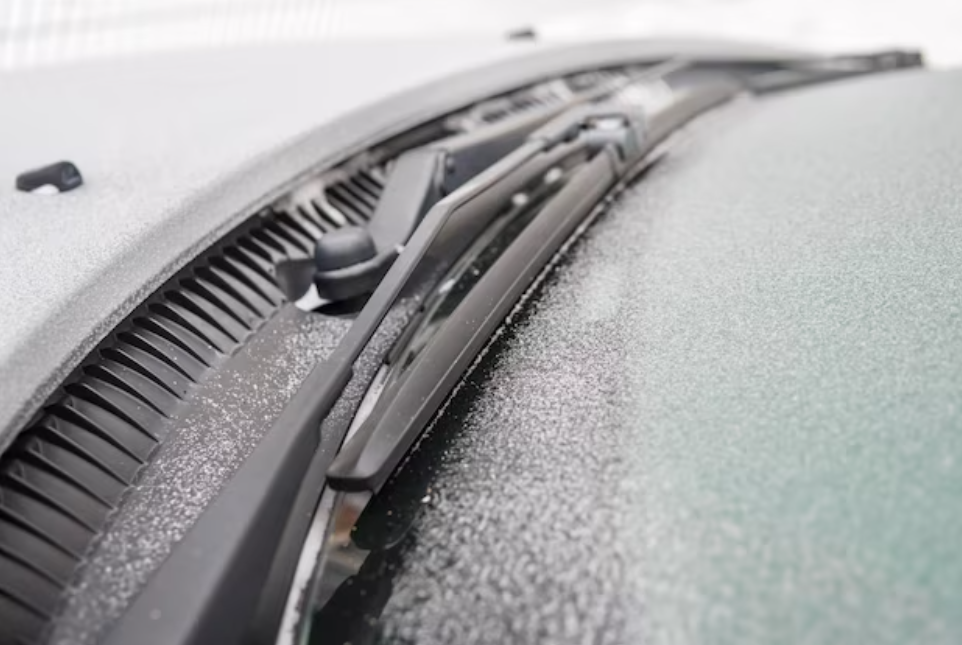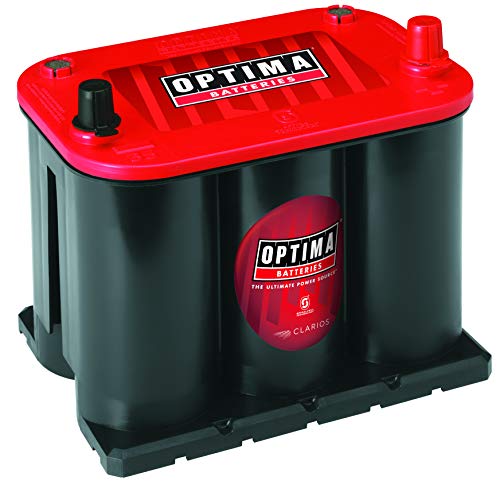Understanding Wheel Alignment Cost
In order to promote maximum tire performance, fuel efficiency, and general handling, wheel alignment is a crucial maintenance technique that makes sure your car's wheels are correctly positioned. However, the price of this service may be a concern for many automobile owners. In this blog article, we'll examine the elements that affect how much a wheel alignment service costs, the typical pricing range, the advantages of having a wheel alignment, and advice for optimizing its value. By the end, you will have a comprehensive understanding of wheel alignment costs, empowering you to make informed decisions and prioritize this crucial maintenance procedure.

Factors Influencing Wheel Alignment Cost
Wheel alignment costs can be affected by a number of variables, such as location, vehicle type and complexity, extra maintenance or repairs required, service provider preference, and any specials or packages that may be offered. Prices can range between markets and locations, and because four-wheel alignment requires more labor than two-wheel alignment does, it is typically more expensive. Vehicles with intricate suspension systems or requiring specific adjustments may also incur higher costs. It's important to consider both the price and the reputation of the service provider, ensuring that the alignment service is performed accurately and with the necessary expertise. While cost is a consideration, prioritizing quality alignment will help maintain tire performance, fuel efficiency, and overall vehicle safety.

Several variables, including the location, the kind of alignment, and the particular service provider, might affect the typical pricing range for wheel alignment services. Standard two-wheel alignments typically cost $50 to $100, however four-wheel alignments can cost up to $200 or more. Prices can be higher in urban areas and at dealership service centers compared to independent auto repair shops or chain stores. Additionally, additional services or repairs needed, such as camber or caster adjustments, can increase the overall cost. It's essential to obtain multiple quotes from reputable service providers to ensure a fair price for the quality of service provided. Remember that while price is a consideration, it is important to prioritize accurate and reliable wheel alignment for optimal tire performance and vehicle handling.

Improved Tire Life: Proper wheel alignment helps ensure even tire wear, extending the lifespan of your tires. Misaligned wheels can cause uneven tread wear, leading to premature tire replacement and increased costs.
Enhanced Fuel Efficiency: Misaligned wheels can create increased rolling resistance, causing your vehicle to work harder and consume more fuel. Aligning the wheels reduces resistance, improving fuel efficiency and saving you money at the pump.
Better Vehicle Handling and Stability: Wheel alignment ensures that your vehicle drives straight and handles properly. It improves steering response, reduces drifting or pulling to one side, and enhances overall stability, allowing for a smoother and safer driving experience.
Reduced Vibration and Noise: Misaligned wheels can cause vibrations and noise while driving, affecting the comfort and enjoyment of your ride. Wheel alignment eliminates these issues, providing a quieter and more comfortable driving experience.
Enhanced Safety: Proper wheel alignment contributes to overall road safety. It improves traction and grip, especially during braking and cornering, reducing the risk of accidents. It also helps maintain stability and control in various road conditions.
Protection for Suspension and Steering Components: Misaligned wheels can put additional stress on suspension and steering components, leading to premature wear and potential damage. Wheel alignment helps prevent unnecessary strain on these parts, extending their lifespan and reducing repair costs.
Optimal Performance of Advanced Safety Systems: Many modern vehicles are equipped with advanced safety systems such as traction control, electronic stability control, and anti-lock braking systems. Proper wheel alignment ensures these systems function optimally, enhancing their effectiveness in keeping you safe on the road.
Warranty Compliance: Maintaining proper wheel alignment is often a requirement to keep your vehicle's warranty valid. Adhering to manufacturer recommendations for alignment intervals helps protect your warranty coverage.
-
Are wheel alignment costs covered by vehicle warranties?
Wheel alignment costs are typically not covered by vehicle warranties unless it is specifically mentioned in your warranty terms. However, proper wheel alignment is often recommended by manufacturers as part of routine maintenance to ensure the longevity and optimal performance of your vehicle.
-
Does insurance cover wheel alignment costs?
Wheel alignment costs are generally not covered by insurance, as it is considered a regular maintenance procedure. Insurance coverage typically applies to damages caused by accidents or unforeseen events rather than routine maintenance services like wheel alignment.
See more article here: The 10 Best Seat Cushions For Car Of 2023












